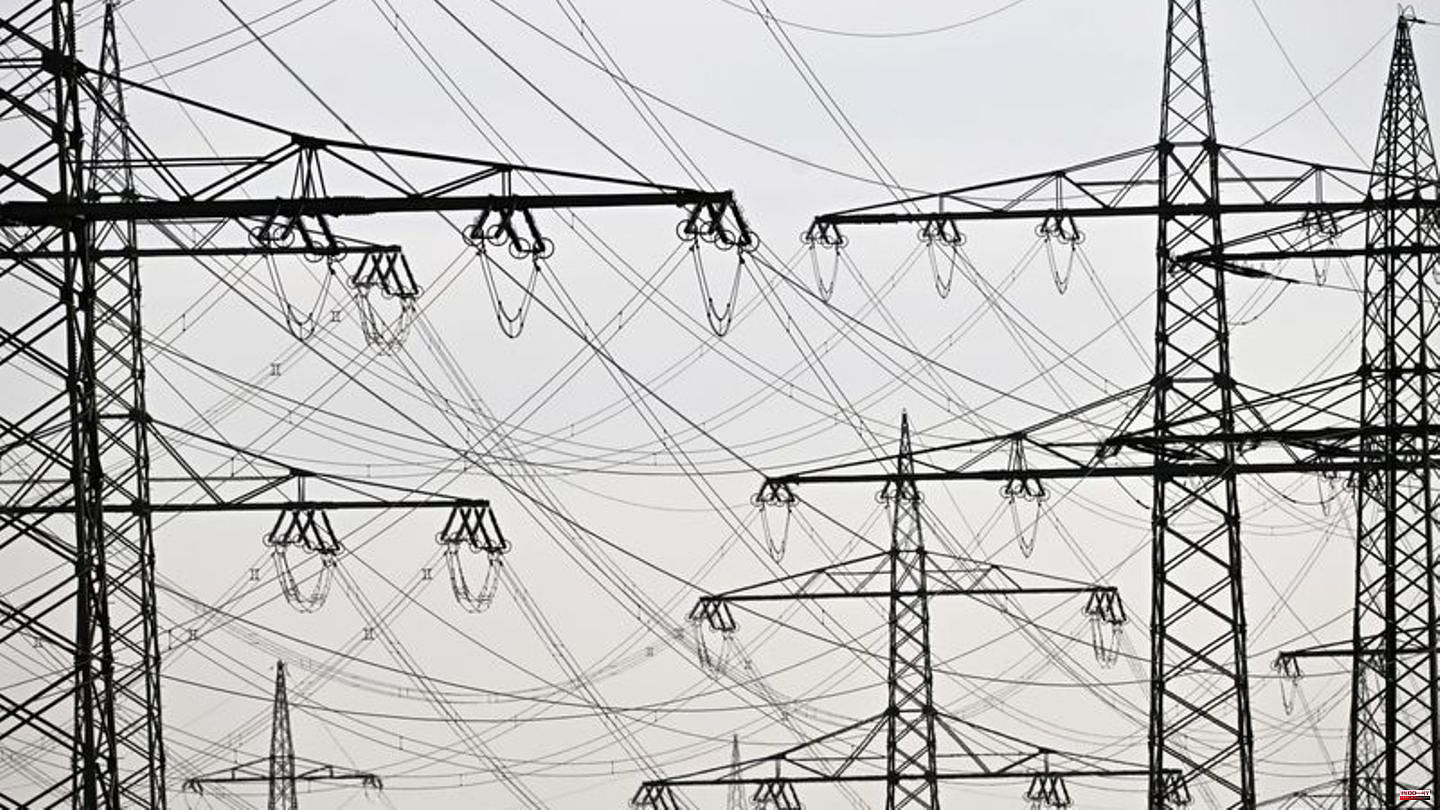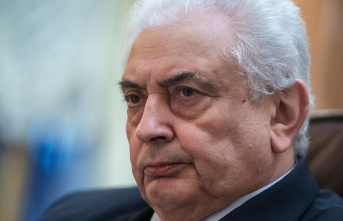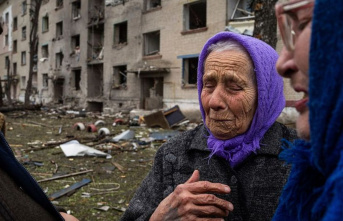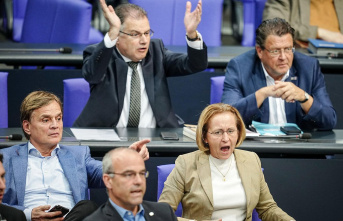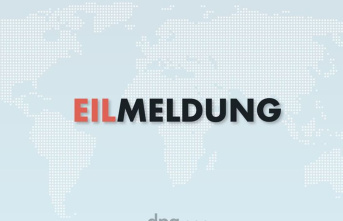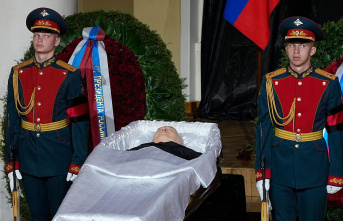The heads of the traffic light coalition want to decide on significant relief because of the high prices. The party and parliamentary group leaders have arrived at Chancellor Olaf Scholz (SPD) in Berlin.
Against the background of the Russian gas crisis and high inflation, a "heavy package" is planned, as FDP leader Christian Lindner and SPD parliamentary group leader Rolf Mutzenich had announced in advance.
At a cabinet meeting in the middle of the week, Scholz had announced a relief package that was “as tailor-made as possible, as efficient as possible, as targeted as possible”. The parliamentary manager of the SPD parliamentary group, Katja Mast, said on Deutschlandfunk: "We know that we cannot leave people alone with inflation and rising energy prices."
This could be relieved
For a possible relief package under discussion are, among other things, targeted help for pensioners and students, tax cuts and a successor regulation for the 9-euro local transport ticket. So far, the SPD, Greens and FDP had staked out their partly different positions. Scholz said at the exam in Meseberg near Berlin: "We are working on a large building, and the architecture of this building depends on all the individual parts, which only result in a good construction together."
The exact time for the start of the coalition committee in the Chancellery had remained open in advance. Vice-Chancellor Robert Habeck (Greens), Finance Minister Christian Lindner (FDP) and the party and faction leaders in Scholz's official seat came to the consultations in the morning.
From the point of view of the SPD chairman Lars Klingbeil, more precise help than before is necessary. "We have to help those who are really in existential need," he told the Süddeutsche Zeitung. This also means that high earners suffer losses, "but they can cope with that". The fact that the pensioners were not included in the energy flat rate of 300 euros was "a mistake". "It has to be corrected now."
So far, the electricity price surcharge to promote renewable energies (EEG surcharge) has already been abolished, there is an energy flat rate of 300 euros for all employees and a one-off payment of 100 to 200 euros for all unemployed, child benefit has been increased once by 100 euros per child, three The fuel price was supported for months up to August and there was a 9-euro ticket for local public transport for the months of June, July and August.
According to their own announcements, trade unions, the left and the AfD may want to call on dissatisfied people to hold social protests in the fall. IG Metall chairman Jörg Hofmann told the dpa: "It's about nothing less than the question of whether it will be possible to relieve the burden on citizens effectively and comprehensibly, or whether the growing uncertainty will lead to a break in social cohesion."

